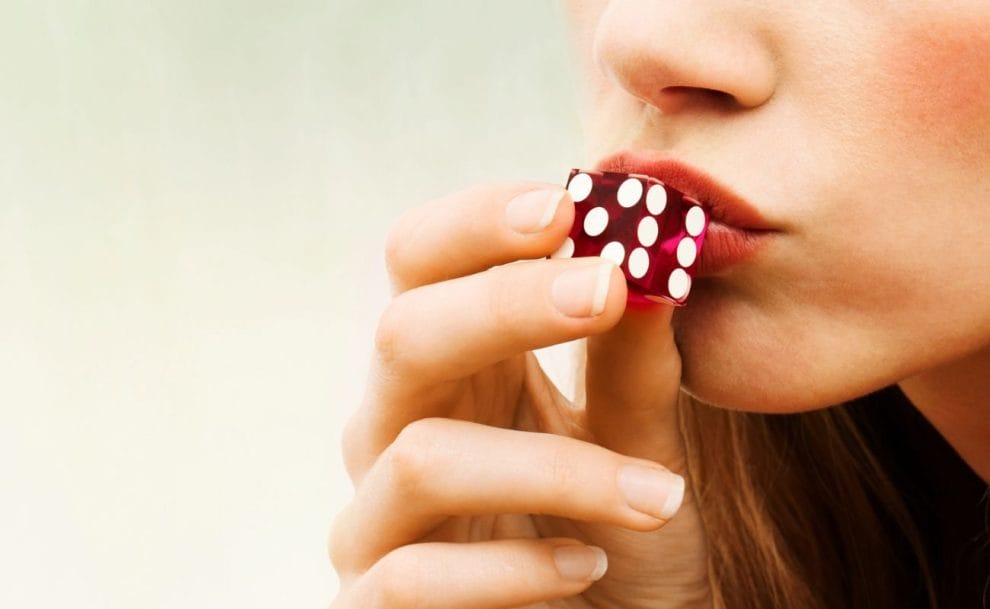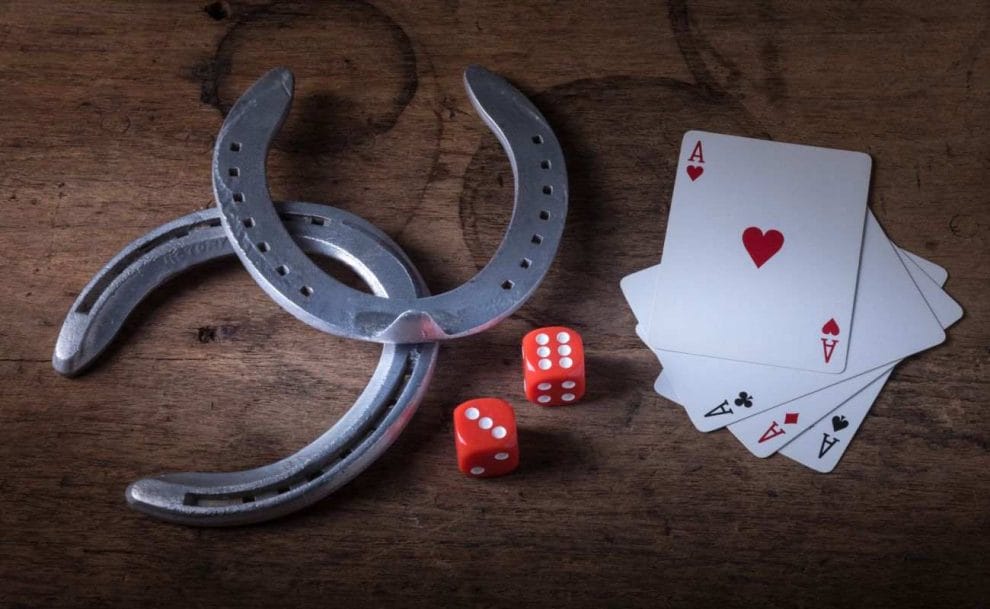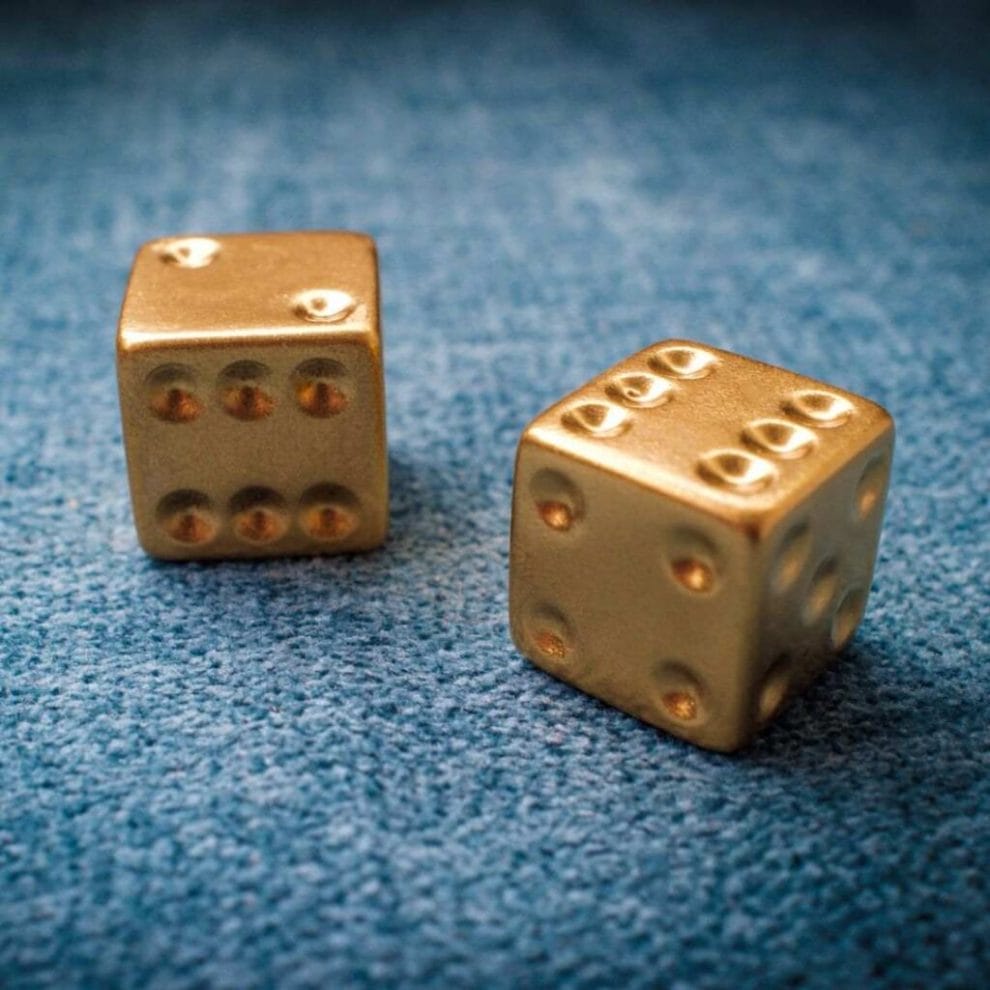
Avid gamblers depend on various factors to gain the upper hand over their opponents. This can take many forms, including spending countless hours researching strategies and joining forums for tips and tricks from peers, all hoping to walk away a winner. One factor you shouldn’t overlook — whether you’re playing at a land-based or online casino — is luck.
Although luck might seem like a far-fetched concept to some, mainly because it can’t be seen or proven, many swear by it. Before exploring the psychology of luck or how to improve your luck, it’s essential to start by answering a fundamental question: “What is luck?”
Understanding Luck and Gamblers’ Psychology
Luck generally refers to an unknown force that causes something to happen; it may be good or bad. Based on this definition, your actions have very little to do with the outcome, suggesting that you have no control over what will happen when you rely on luck. All you can do is hope that luck is on your side if you want a favorable outcome.
While this might be true to an extent, psychology also factors into the human understanding of luck and experiences. When you consider that so-called lucky charms and rituals exist to boost confidence, it only makes sense to acknowledge that certain mindset and psychological aspects may impact a person’s success, be it when playing at a casino online or simply while going about their everyday activities.
Gambling and the Power of Positive Thinking
Beyond the casino tables, motivational speakers often emphasize the power of positive thinking and visualizing the life you want to achieve. If that’s the case, this should apply to what live and online game casino platforms offer. Positive thinking before your games could impact your outcomes because it gives you more confidence and a sense of control, almost as if you’ve got someone tipping the scales in your favor in the background — when, in reality, you don’t.
Popular Superstitious Beliefs and Rituals

Superstitions and certain rituals or practices exist because some people find refuge in them. In gambling particularly, players are always looking for ways to secure a win, which offers some level of psychological comfort. This isn’t surprising, considering what an emotional rollercoaster gambling can be.
Throughout the years, some beliefs and superstitions have proven to have staying power, like the ones below:
Lending Another Player Money
In gambling culture, lending money to another player is seen as a bad fortune, as it will supposedly negatively impact your games.
Throwing Salt Over the Shoulder
Some gamblers may do this before a big game or tournament because they believe it represents throwing away any bad luck you might be carrying with you.
Carrying Lucky Charms
This is a popular one around the globe. Different parts of the world have their own objects and charms that are considered lucky. Among the most common and popular ones are four-leaf clovers, acorns, dala horses, and cat’s eye gems.
Blowing on Dice or Cards
Depending on which casino game you’re playing, blowing on dice or cards is believed to transfer positive energy and luck to your game.
Wearing Red
Apart from how bold and confident the color red makes you appear, wearing it to a casino has other connotations. It’s believed to attract good fortune because it represents wealth and prosperity in some cultures.
How Cognitive Biases Impact Risk-Taking and Decision-Making Beliefs

The saying, “Once bitten, twice shy,” can be likened to what is called cognitive bias in gambling and how it impacts risk tolerance. Simply put, the gambler’s fallacy, which is the belief that a particular outcome is likely or less likely to occur because of past experience, can distort players’ mindsets. When you believe that you are likely to lose your game because of past outcomes or experiences (for instance, if you’ve had a run of bad luck,) you overlook the randomness of some casino games, such as slots, whose outcomes are determined by random number generators.
If you already feel like you’re on a losing streak, you may opt to be more conservative and avoid taking risks out of fear that past failures will repeat themselves. Instead of harnessing the power of visualization and positive thinking to play positively, cognitive biases can cause you to make fear-based decisions based on previous bad experiences. The adverse is also true. If you’ve been on a winning streak, you may want to keep the momentum going and have a higher risk appetite.
These examples prove just how powerful the mind is and how it can impact your approach to gambling. These psychological aspects tend to go unnoticed, despite their importance in games of chance and skill.
Find Out if Luck Is on Your Side at Borgata Online
It’s pretty clear that gambling requires a good balance of expertise and a touch of luck. If you’re ready to try your hand at online poker, online slots, or any other popular casino games, choose a reputable casino that encourages responsible gambling. Find out if luck is on your side when you register at Borgata Online to start playing casino games online.
